There’s something about the life of a beginner that is comforting. Steps are steady, building blocks are easily seen and the musical rewards progressively increase. Taking the tunnel vision approach, where it’s simply a case of learning a few chords or knowing the notes in the first position, ignoring scales and ear training, can still mean being introduced to a wide range of interesting and enjoyable songs/pieces. But after that, what then?
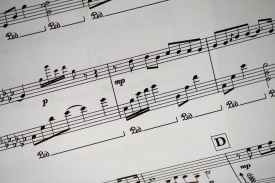
Photo by Pixabay on Pexels.com
Often in completing a Book 1, I’ll with enthusiasm move onto Book 2 only to discover I’m learning things that don’t have that same linear progressive approach. It becomes, here’s a technique to practise followed by the next chapter on, say, learning notes in second position. While in itself this isn’t without it’s uses, there isn’t really a sense that I can see my repertoire building.
Lately, I’ve decided to take on Trinity and ABRSM graded books as a way of establishing for myself my own proficiency. Even though for me Trinity Grade 2 is very easy the dynamic markings, slurs, harmonics and even counting the note values has been a challenge. Again, all things that haven’t been covered in my Book 1. So, my approach has now become to build a repertoire that includes a greater range of guitar techniques and also require increasing theory knowledge. So, the theory I learn, again using these same organisations, links to the pieces. I’m strengthening everything and making progress. I’m not just learning pieces but feel I’m becoming better as a serious guitarist. Just because I’m teaching myself or have no intention of performing in front of others, doesn’t mean I don’t want to take it seriously. I have in mind the idea of being a ‘professional guitarist’. This idea is important to me. It gives me focus and makes me question what I do and why.
Self-teaching is tough. My blog for classical guitar will be tracking my progress but with a specific focus on how I’m tackling and, hopefully, overcoming difficulties.
Next post: issues involving counting note value and how I’ll try to overcome them.

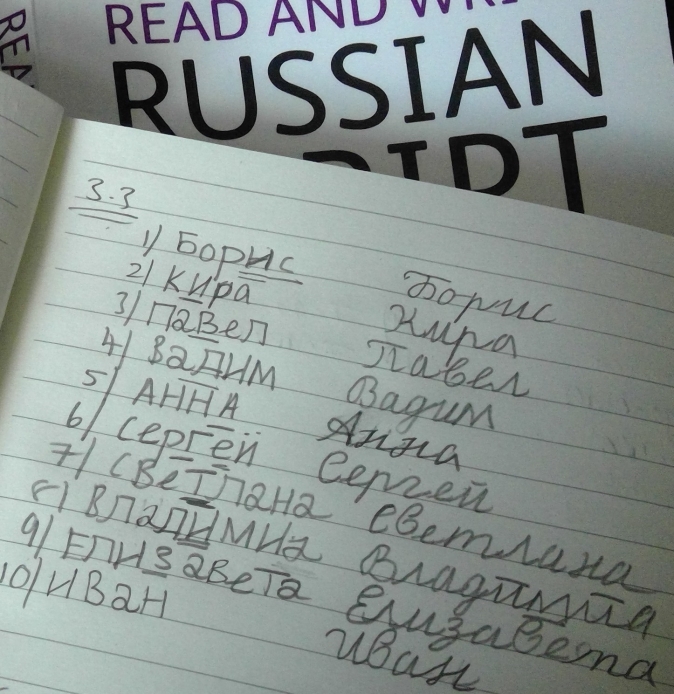 rking with Duolingo. I wasn’t sure for awhile but the short phrases and sentences is supporting my character and sound recognition. I’ve also been staggering the ‘Read and Write Russian Script’ book – I haven’t done it everyday but like to leave it a day or so almost liked a spaced-recognition practice.
rking with Duolingo. I wasn’t sure for awhile but the short phrases and sentences is supporting my character and sound recognition. I’ve also been staggering the ‘Read and Write Russian Script’ book – I haven’t done it everyday but like to leave it a day or so almost liked a spaced-recognition practice. beginner in the language for, say, conversation, when it actually comes to watching TV shows or anime about Go! she is a master. This then, as she says, would allow (if she wanted to) to use that specific field to move onto something else in the language. So, as she again says, if your interest is in reading literature then why spend time doing Pimsleur? Not only is having a specific goal important but if you try to focus on reading, writing and speaking then progress in the language will be slower than if you simply narrow your field. Meyer isn’t saying don’t do all the other things, if you want to do something then do it, but she gives some great advice about how to help your goal. These are just two of the things she outlines.
beginner in the language for, say, conversation, when it actually comes to watching TV shows or anime about Go! she is a master. This then, as she says, would allow (if she wanted to) to use that specific field to move onto something else in the language. So, as she again says, if your interest is in reading literature then why spend time doing Pimsleur? Not only is having a specific goal important but if you try to focus on reading, writing and speaking then progress in the language will be slower than if you simply narrow your field. Meyer isn’t saying don’t do all the other things, if you want to do something then do it, but she gives some great advice about how to help your goal. These are just two of the things she outlines.  hausting at times figuring out the characters and the sounds especially when this can be timed in Memrise and taxing in Duolingo. But I also want time away from it so it can sink in. Whilst I won’t be writing about Russian for a few days, not unless I discover something interesting or useful, my objective is to maintain focus and aim high.
hausting at times figuring out the characters and the sounds especially when this can be timed in Memrise and taxing in Duolingo. But I also want time away from it so it can sink in. Whilst I won’t be writing about Russian for a few days, not unless I discover something interesting or useful, my objective is to maintain focus and aim high.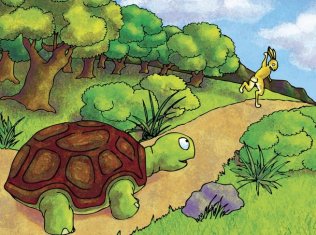 exercises in printed and cursive writing just for the extra practice. So, the book is really working well so far and I’d highly recommend it for anyone in a similar position as myself. It’s not the cheapest book (£15.99) for less that 200 pages but its focused chapters on only a few characters easily allows a naturally and supportive build up of words. So, whilst it seems short this won’t be a quick journey. In fact, it’s far better to take time imbed the characters than to rush and take it all in at once.
exercises in printed and cursive writing just for the extra practice. So, the book is really working well so far and I’d highly recommend it for anyone in a similar position as myself. It’s not the cheapest book (£15.99) for less that 200 pages but its focused chapters on only a few characters easily allows a naturally and supportive build up of words. So, whilst it seems short this won’t be a quick journey. In fact, it’s far better to take time imbed the characters than to rush and take it all in at once.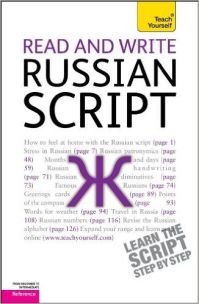 immersion will work. We’ll see.
immersion will work. We’ll see. 
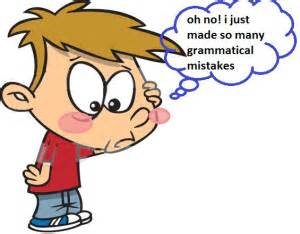 his difficult this language actually is. Steve mentioned that cases, verbs of motion and aspects of verbs are really difficult as the ending of words can change a great deal for a variety of reasons. In particular, this can prove quite demanding when learning to speak the language. Reading is easier naturally because you can get a sense of what is happening, that you know the meaning of the word. But actually speaking it is something else. I’m interested, then, how I will overcome this obstacle. Wonder if Apps or the likes of Pimsleur are the way to go for this. I’m going to do some research. It is early days yet, I have loads of input to do before I do any output but it’s still worth a look.
his difficult this language actually is. Steve mentioned that cases, verbs of motion and aspects of verbs are really difficult as the ending of words can change a great deal for a variety of reasons. In particular, this can prove quite demanding when learning to speak the language. Reading is easier naturally because you can get a sense of what is happening, that you know the meaning of the word. But actually speaking it is something else. I’m interested, then, how I will overcome this obstacle. Wonder if Apps or the likes of Pimsleur are the way to go for this. I’m going to do some research. It is early days yet, I have loads of input to do before I do any output but it’s still worth a look. wo videos attempting to perfect a cursive script both for single characters and for words. I’ll review them tomorrow and then take on the next two videos. So far so good. I keep on browsing for books as well but so far nothing is really appealing to me – all seem a bit dry and demotivating. I’ll keep looking as I would like a small grammar book at some point (there’s a ‘Teach Yourself’ one but some reviews say it has errors) but at the moment I’m sticking to keeping my costs at a minimum and making the most of the ample online resources at hand.
wo videos attempting to perfect a cursive script both for single characters and for words. I’ll review them tomorrow and then take on the next two videos. So far so good. I keep on browsing for books as well but so far nothing is really appealing to me – all seem a bit dry and demotivating. I’ll keep looking as I would like a small grammar book at some point (there’s a ‘Teach Yourself’ one but some reviews say it has errors) but at the moment I’m sticking to keeping my costs at a minimum and making the most of the ample online resources at hand. at. I’m also going to have a look on LingQ this evening to see what the lessons are like there – worried it may be rather de-motivating as the page will become yellow with me not knowing any words. Anyway, will give it a try and perhaps see where that takes me. Can I notice things with the language there?
at. I’m also going to have a look on LingQ this evening to see what the lessons are like there – worried it may be rather de-motivating as the page will become yellow with me not knowing any words. Anyway, will give it a try and perhaps see where that takes me. Can I notice things with the language there?